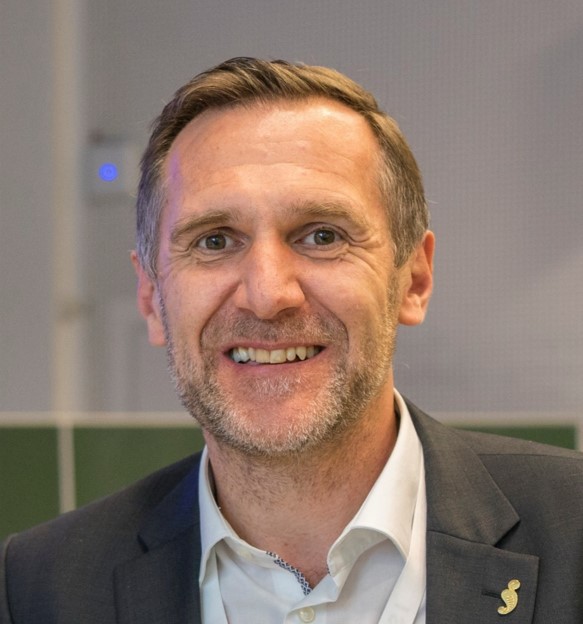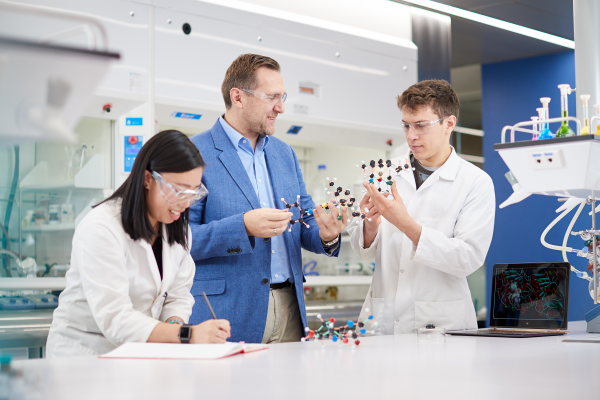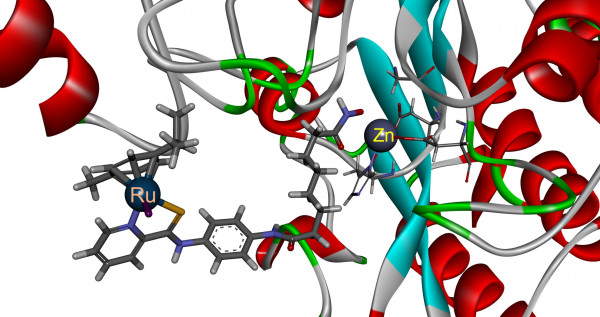Christian Hartinger

2024: Professor Christian Hartinger of Waipapa Taumata Rau The University of Auckland has been awarded a New Zealand Mana Tūārangi Distinguished Researcher Fellowship to study the interactions between metal complexes and proteins to unlock applications in medicine and industry.
Professor Hartinger received his PhD in Chemistry in 2001 from the University of Vienna, Austria. In 2006 he joined the Swiss Federal Institute of Technology Lausanne in Switzerland as an Erwin Schrödinger Fellow, before returning to Vienna, where he completed his ‘Habilitation’. He joined the University of Auckland as Associate Professor in 2011 and was promoted to Professor in 2016. In 2022, he was elected as a fellow of the Royal Society Te Apārangi. He is the recipient of the Maurice Wilkins Centre’s Prize for Chemical Science, the New Zealand Association of Scientists’ Hill Tinsley Medal, the Morrison Medal of the Australian and New Zealand Society for Mass Spectrometry, the Burrows Award from the Royal Australian Chemical Institute and an Award for Outstanding Achievements in Research from the International Symposium on Bioorganometallic Chemistry. Professor Hartinger has supervised over 80 research students to completion, and secured over $5 million dollars in competitive research funding. He has published over 250 scientific papers and contributed to the preclinical and clinical development of multiple anticancer agents including one currently in phase I/IIa clinical trials with Bold Therapeutics.

Professor Christian Hartinger with team members (Supplied)
Many proteins require metal co-factors for normal function. However, current synthetic metal complexes used in medical and industrial applications are considered ‘promiscuous’, because they form bonds indiscriminately with proteins and other biomolecules. This promiscuity contributes to the effectiveness of metal-based chemotherapy drugs in killing cancer cells, but it also leads to problems with toxicity and adverse side-effects for cancer patients. Professor Hartinger aims to improve our fundamental understanding of what contributes to selectivity in reactions between metal complexes and biomolecules. The ability to control and tailor their promiscuity will unlock a large variety of applications across industry and medicine.

A visual example of a metal complex interacting with a protein (Supplied)
